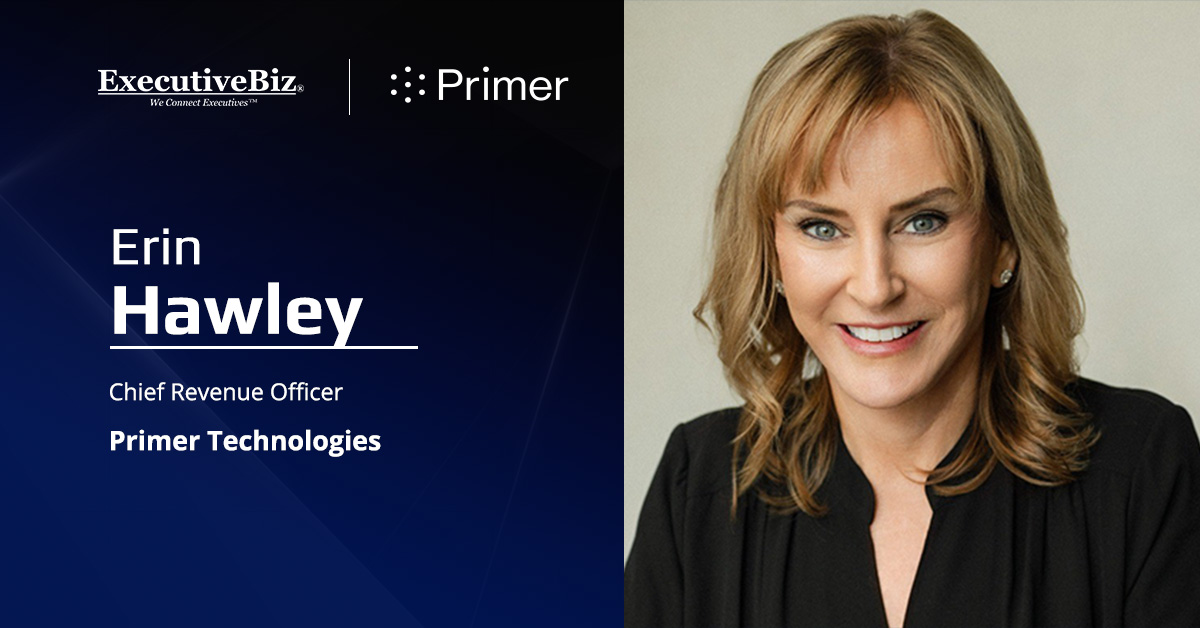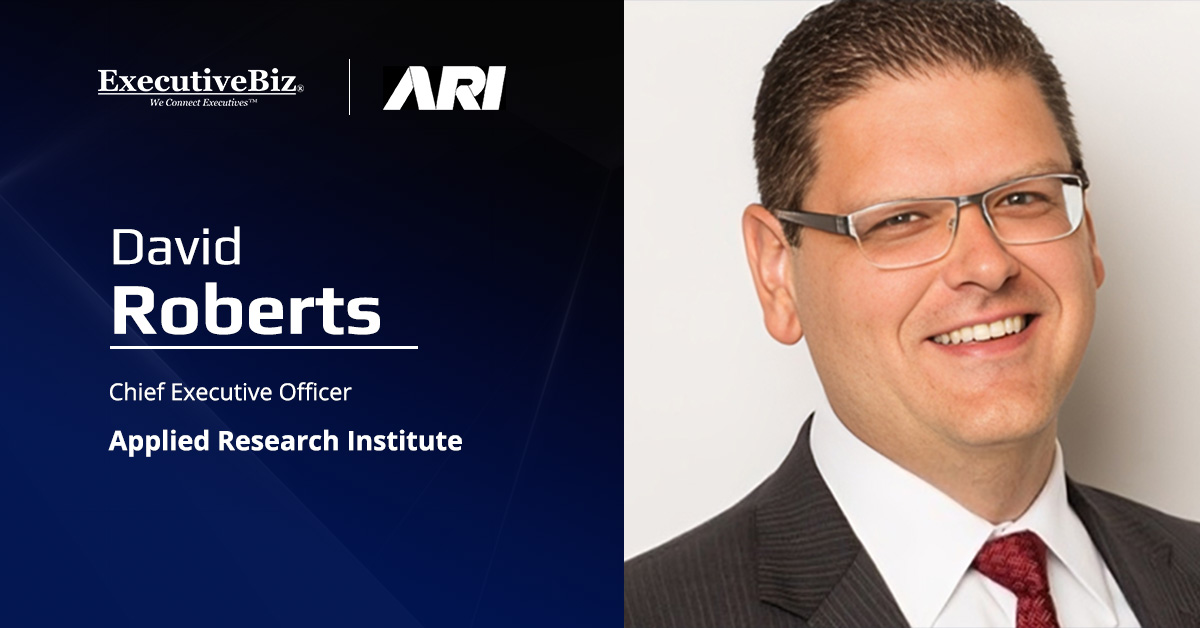Erin Hawley, chief revenue officer of Primer Technologies, discussed how artificial intelligence is transforming the way federal civilian agencies address fraud, waste and abuse, with a focus on the detection, prevention and reduction of billions of dollars in misallocated taxpayer funds annually.
In a blog post published Wednesday, Hawley said the Government Accountability Office estimates the government loses between $233 billion and $521 billion annually to fraud; however, the amount is likely underestimated due to underreporting and fraud types that are difficult to detect. She added that the cost does not cover waste and abuse, which are harder to quantify.
AI: A Critical Tool for the Federal Government
The executive emphasized that traditional methods of preventing and detecting FWA, such as establishing ethical guidelines and cross-referencing databases, are no longer sufficient amid constrained budgets, increasing data volumes and high public demand for transparency and accountability. Federal civilian agencies, which are also struggling with outdated systems and shrinking staff, have now turned to AI to address the issues by applying the technology in anomaly detection and relationship mapping and using natural language processing to scan and interpret contracts, claims, case notes and emails.
“AI is becoming an essential tool in the fight,” said Hawley. “AI bridges the gaps to protect taxpayer dollars, preserve mission integrity and modernize oversight without needing to hire more manpower.”
Primer’s Contribution to the FWA Effort
The chief revenue officer also highlighted how the company could advance the use of AI for FWA prevention in the government. The company offers a specialized NLP engine, designed to read and understand unstructured data to detect FWA in contracts, claims, case notes and compliance documents.
“Primer’s AI is trusted at the highest levels to flag inconsistencies across complex text inputs, help analysts trace patterns of misuse and abuse and operate confidently and efficiently in some of the most sensitive, secure federal environments,” Hawley stated.





